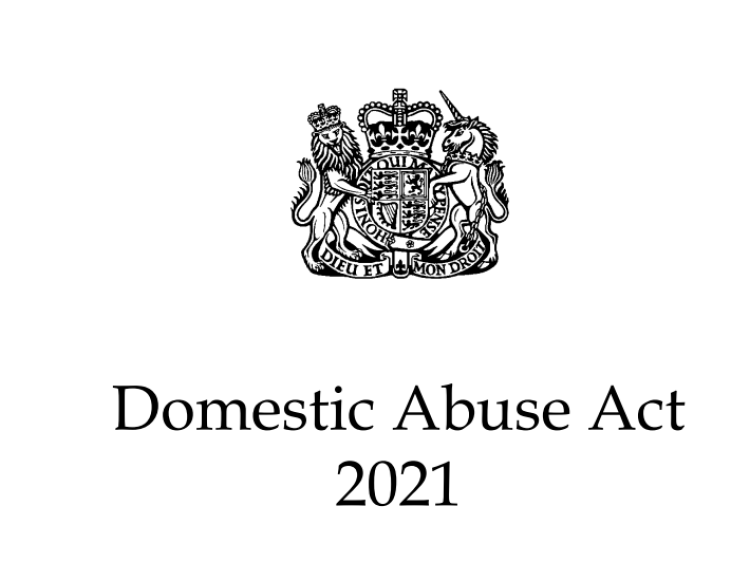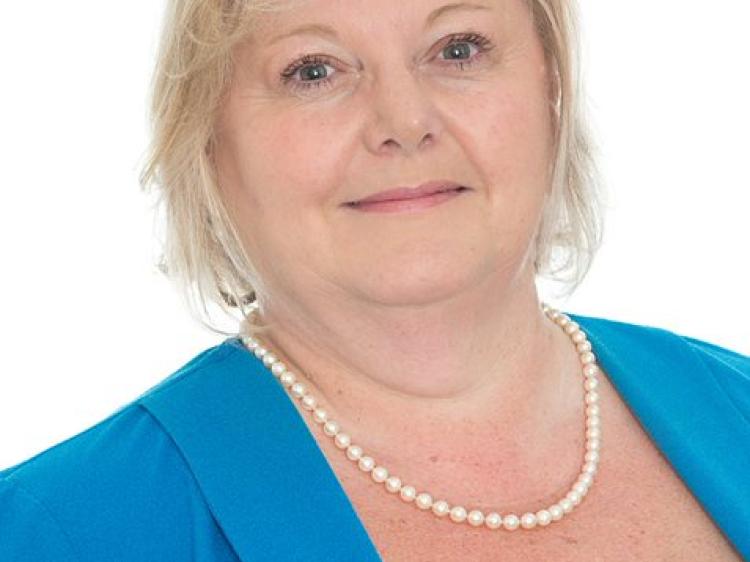1 - Domestic Abuse doesn’t respect office hours
Imagine arriving at the office fresh from a verbal or physical assault. As if this weren’t enough of a challenge to productivity, imagine then also the effort required to pretend that all is well, that life at home is peaceful, and that there’s no cause for concern.
I vividly recall hosting an important international delegation at my workplace whilst simultaneously fielding a series of increasingly abusive phonecalls and text messages from my partner. The effect was utterly exhausting.
Abusers are also frequently narcissists who hate to see their victims’ attention drawn elsewhere. In my experience, just as family celebrations were frequently a cause for the abuse to worsen, so too were major work events.
No one entirely leaves their home life behind at the door of the office – financial concerns, family worries, even a poor night’s sleep can impact focus at work but it feels almost impossible to suggest that a colleague experiencing abuse will ever be entirely focussed on their work. And the long-term impacts of abuse are similarly challenging; flashbacks, anniversaries of key dates, Court proceedings…all act as a drag on mental bandwidth and employers should never assume that a colleague who’s escaped an abuser will now be back to full-speed.
2 - Escaping an abuser isn’t the end
Sadly, separation from an abusive partner doesn’t necessarily end the abuse and workplace disclosure may likely just be the beginning of the story.
Some months after I separated from my abusive ex following a particularly violent assault, I faced one of the most challenging conversations I’ve ever had at work. It was my appraisal and as far as I was concerned, there was no cause for concern – life was difficult, juggling a full-time senior role and full-time single parenthood to two young kids, but I was keeping my head above water…or so I thought.
Instead, my manager informed me that he felt I wasn’t pulling my weight, my leadership was insufficiently engaged, and he was considering performance management measures. Allowances had been made for my situation but it was now months since the assault and he’d expected everything to have settled.
With hindsight, it was a useful wake-up call - I realised how much I was allowing my abuser to consume and define me, and determined to re-focus my energies – but the implicit threat to my job security at an enormously precarious time was a shock I could have done without. It was also a shock that could have been avoided had my manager been open and transparent with me. He’d held back for fear of upsetting me but the cumulative shock was far worse than if he’d engaged sooner and we’d been able to speak openly about his expectations, my capacity and the support that would help bring the two together.
It’s now seven years since I separated from my ex-wife but those seven years have been coloured by further abuse and attempts at control, alongside protracted Court proceedings in both the Criminal and Family Court. It’s only now, and tentatively, that I’ve started to feel able to regain control over my career – the expectation that life would settle back to normal within months of escaping my abuser was sadly some way off the mark.
3 - Missing the signs doesn’t make you a bad employer
Ideally no victim of domestic abuse would endure in silence but many do, and disclosures might only happen after months, or years, of suffering.
At this point it’s important not to feel guilt about signs missed along the way – victims commonly have their own reasons for not wishing the truth to emerge – not least as it can cause the abuse to escalate. Be mindful of changes in behaviour or signs that all may not be well – but likewise you’ve not failed if the disclosure comes as a surprise.
What’s vitally important though is to be ready when the disclosure is made – it’s a point of extreme vulnerability and the right words and actions can make a world of difference.
4 - Flexibility is key
Escaping an abuser isn’t straightforward, ending a marriage isn’t straightforward, raising children as a newly-minted single parent isn’t straightforward, and rebuilding your shattered confidence certainly isn’t straightforward.
More likely than not, there’ll be legal appointments and Court hearings, childhood emergencies, and counselling sessions – all of which refuse to sit neatly outside of the 9-5.
Of the many kindnesses my employers have shown me over the last few years, the flexibility to manage my working hours around the various demands that were placed on my time was one of the most appreciated. Alongside the cups of tea and the forgiving smiles when I landed at my desk late, snot-spattered and tie askew on the mornings when my son couldn’t bear to be separated from me at the school door.
5 - Employee support systems are vital
Arriving at work for the first time after separating from my partner I was met at my office door by one of my team. My diary for the week had been cleared, she told me, but more importantly counselling sessions had been arranged with a local therapist – the appointments were all in my calendar, alongside time for travel and for decompression afterwards. Perhaps understandably, I was pretty much a puddle on the floor by the time she’d finished.
Those sessions were vitally important – as was the permission explicitly granted me by my employer to take time out of work to attend, not least as I’d avoided arranging counselling myself as I simply didn’t know when I’d fit it in around work and childcare.
Of course, counselling isn’t for everyone but even offering the option is an important step in showing a victim that support is available and that their needs are being prioritised.
6 - Coaching and mentoring can be transformative
For a long time after I separated from my ex, the idea of career development was completely alien to me…like being asked to swim the channel when it’s an effort just to stay afloat.
Counselling helped me to improve my mental health and rebuild on a personal level but it was the opportunity to work with a professional work Coach that allowed me to understand the intersection between my home and work life, to build resilience and to think about the longer-term journey. This experience was transformative from a leadership and management perspective too however – allowing me to see how my experiences could shape my own leadership style and how I could pay forward the wonderful support I’d received.
Save and download this story here or by clicking on the link to the right of the screen.
Read more insights for employers from survivors of domestic abuse






